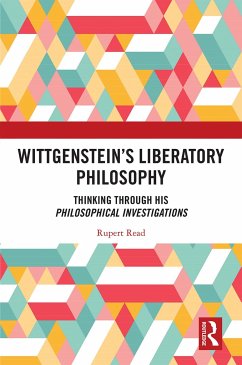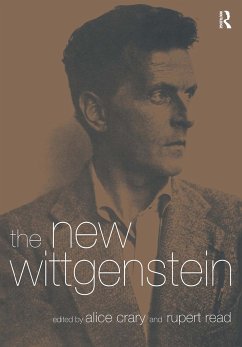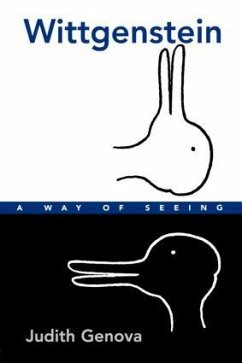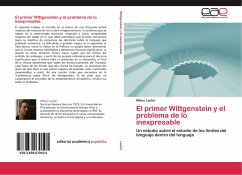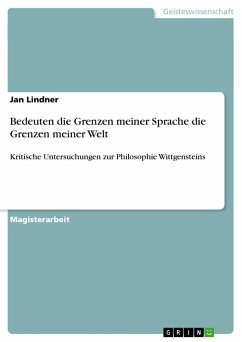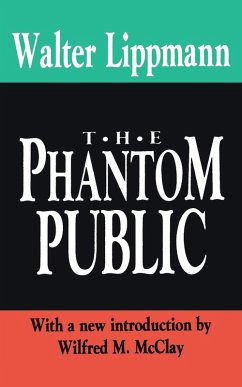
Wittgenstein and Psychology
A Practical Guide

PAYBACK Punkte
16 °P sammeln!
Wittgenstein made use of his insights into the nature and powers of language to search out the source of conceptual confusions in the foundations of mathematics and in philosophy of psychology. Once he has established the use account of language, his Philosophical Investigations opens out into an extensive coverage of psychological phenomena and the concepts with which we identify and manage them. In this book Harr nd Tissaw display Wittgenstein's analysis of the 'grammar' of the most important of these concepts in a systematic and accessible way. Previous studies of the psychological aspects ...
Wittgenstein made use of his insights into the nature and powers of language to search out the source of conceptual confusions in the foundations of mathematics and in philosophy of psychology. Once he has established the use account of language, his Philosophical Investigations opens out into an extensive coverage of psychological phenomena and the concepts with which we identify and manage them. In this book Harr nd Tissaw display Wittgenstein's analysis of the 'grammar' of the most important of these concepts in a systematic and accessible way. Previous studies of the psychological aspects of Wittgenstein's writings, admirable as exegeses of his thought, have paid little attention to the relevant psychology. Here, the 'adjacent' theories and empirical investigations from mainstream psychology have been described in sufficient detail to show how Wittgenstein's work impinges on psychology as it has actually been practiced. In using this book, philosophers will be able to get a sense of the relevance of Wittgenstein's philosophical psychology to the development of psychology as a science. Psychologists will be able to see how to use Wittgenstein's insights to enrich and discipline their attempts to gain an understanding of human thinking, feeling, acting and perceiving, the domain of psychology as science. The book includes an historical overview of the sources of Wittgenstein's philosophy in the Vienna of the last years of Austro-Hungary, as well as a brief presentation of the main themes of his Tractatus Logico-Philosophicus as it anticipated computational models of cognition. Student use is emphasized with frequent summaries and self-test questionnaires.





